Gen Z push back against the sex scene
Young audiences say that cinematic sex scenes are gratuitous and exploitative.

There’s a battle being waged against sex scenes in film and television – and young actors are at the forefront.
Some of Australia’s top film and TV producers and sex scene specialists - including the makers of the nation’s biggest hit internationally, Netflix’s Heartbreak High - say Gen Z audiences in particular are pushing back on sex scenes, and that porn is as much to blame as #MeToo.
It comes as Penn Badgley, who stars as the bookish serial killer in the Netflix hit You, said intimate scenes were a “disturbing aspect of Hollywood” and he had asked producers to limit them to preserve his marriage. “It’s important to me in my real life not to have them,” he said.
Badgley’s issues are not with the cinematic sex scene overall, but his comments have revived a puritanical argument against sex on screen in general. It’s young people that are pushing back.
Creative director of Fremantle Australia Carly Heaton, who worked as executive producer on Heartbreak High, suggests Gen Z’s exposure to porn could be to blame. She said porn had skewed the “view of what sex really is, and what it can be”.
“If your main exposure to sex is through online porn, then those are your expectations for what sex should be, as opposed to scripted, well-thought-out television or film scenes that show consent, love, and relationships. It’s shifted the appetite for what people want to see on screen,” she said.
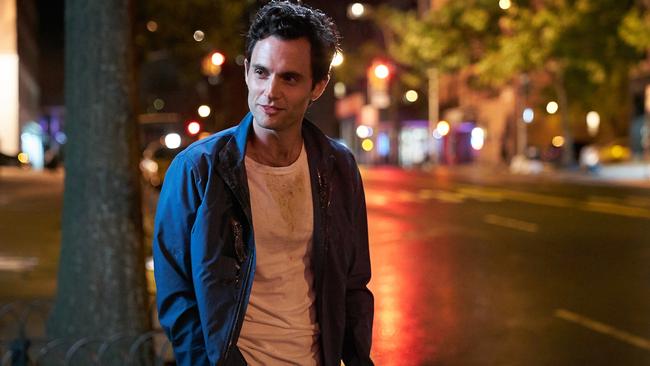
Penn Badgley requesting to have zero intimacy scenes moving forward with any of his projects because he respects his marriage too much & feels it’s unnecessary to both his public image & acting is the only thing that brings me hope for men today
— ˢᵃᵈ áµáµ’ʳˡ ˢʸᵈ (@snsmith2000) February 10, 2023
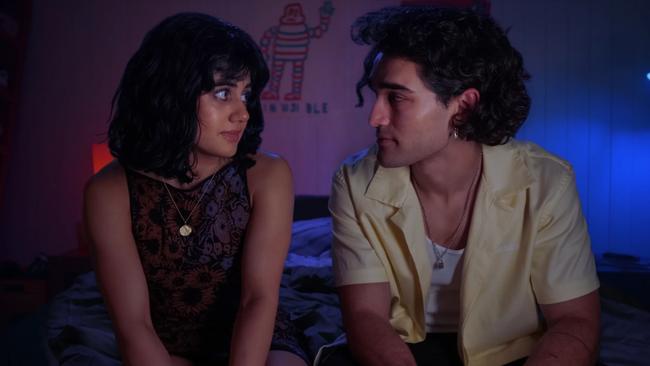
Heaton noted that over the past 30 years, Australia had moved away from the European model to the US model: “Before that, we were happy to have people wandering around nude, and showed sex freely.”
Anti-sex scene critics decry that the scenes are unnecessary and exploitative, but for a show like Heartbreak High, which unpicks the identity and sexuality of high schoolers, producer Heaton said depicting sex and all its teenage awkwardness was crucial.
“We wanted to show teen life. One of the big things we wanted to explore was consent and how to do that well,” she said. “Having a new, emerging Gen Z cast, we were really conscious about making sure they were comfortable, because we knew this was an intimidating experience.”
Before the actors signed on, their roles, and what would be asked of them, were discussed extensively. Heartbreak High enlisted intimacy co-ordinator Chloe Dallimore to break down the script and work one-on-one with cast members on everything from kissing to sex scenes, and alongside directors and cinematographers to map out how they would shoot within the boundaries of cast needs.
“It’s about establishing limits and boundaries, and working with the team,” Heaton said. “The cast had a very open, honest dialogue with the team.”

Gen Z’s ick towards sex scenes could have something to do with the dark history of actors, mostly women, who have been exploited on set.
There’s the Last Tango in Paris “butter rape” scene that director Bernardo Bertolucci sprung on actor Maria Schnieder without preparation; Blue is the Warmest Colour stars Léa Seydoux and Adéle Exarchopoulos have condemned director Adbellatif Kechiche for the way he handled their graphic sex scenes; and the teenage stars of 1968’s Romeo and Juliet, who last month filed a child exploitation suit against Paramount, accusing it of sexual exploitation and distribution of nude images of adolescent children.
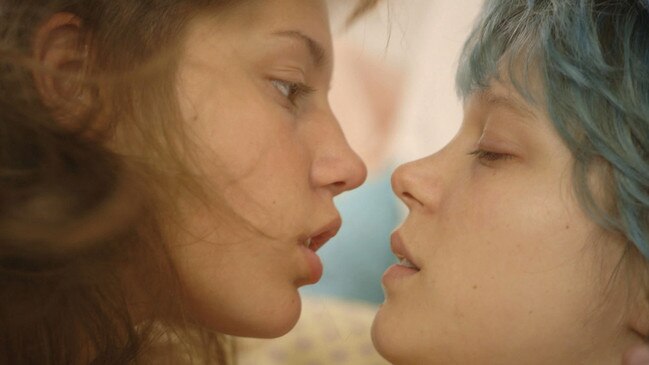
For Badgley, his complicated relationship with sex scenes is rooted in his first professional acting experience as a child actor in the 2001 film The Fluffer, which exposed him to a sexual term he says no 12-year-old should know.
It’s incidents like these that Michela Carratini, founder of Key Intimate Scenes, a leading Australian intimacy co-ordination company, works with productions to avoid. “It’s part of our job to manage risk in situations where there’s a child involved, to connect with the Office of the Children’s Guardian – or state equivalent – and be across local and federal laws,” she said.
“We work together with other departments to minimise trauma and exposure, and put the mental health of the actor first.”
Carrattini said a policy in NSW ensured children weren’t introduced to sexual terms and concepts on a film set that they may not have been exposed to.
The cinematic sex scene is dead. A 2019 Playboy study from Kate Hagen found that the percentage of feature-length films depicting sex in the 2010s was at its lowest point (1.21per cent), since the 1960s. “There are almost no sex scenes in movies today,” says Bruce Isaacs, a senior lecturer in Film Studies at Sydney University.
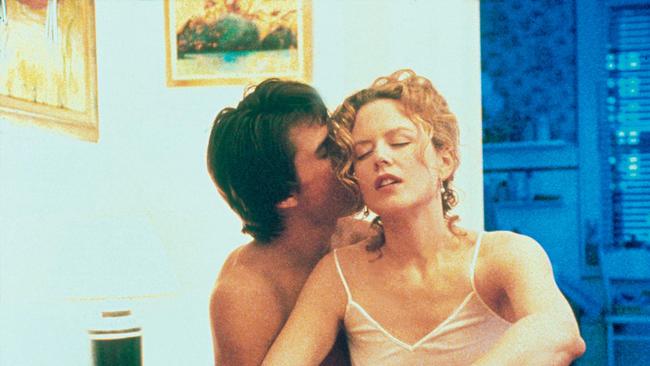
He suggests young people have an awkward relationship to sex scenes because they have been deprived of the “extremely intellectual, complex, challenging, cool, fringe approach to sex” that was commonplace in the 1970s.





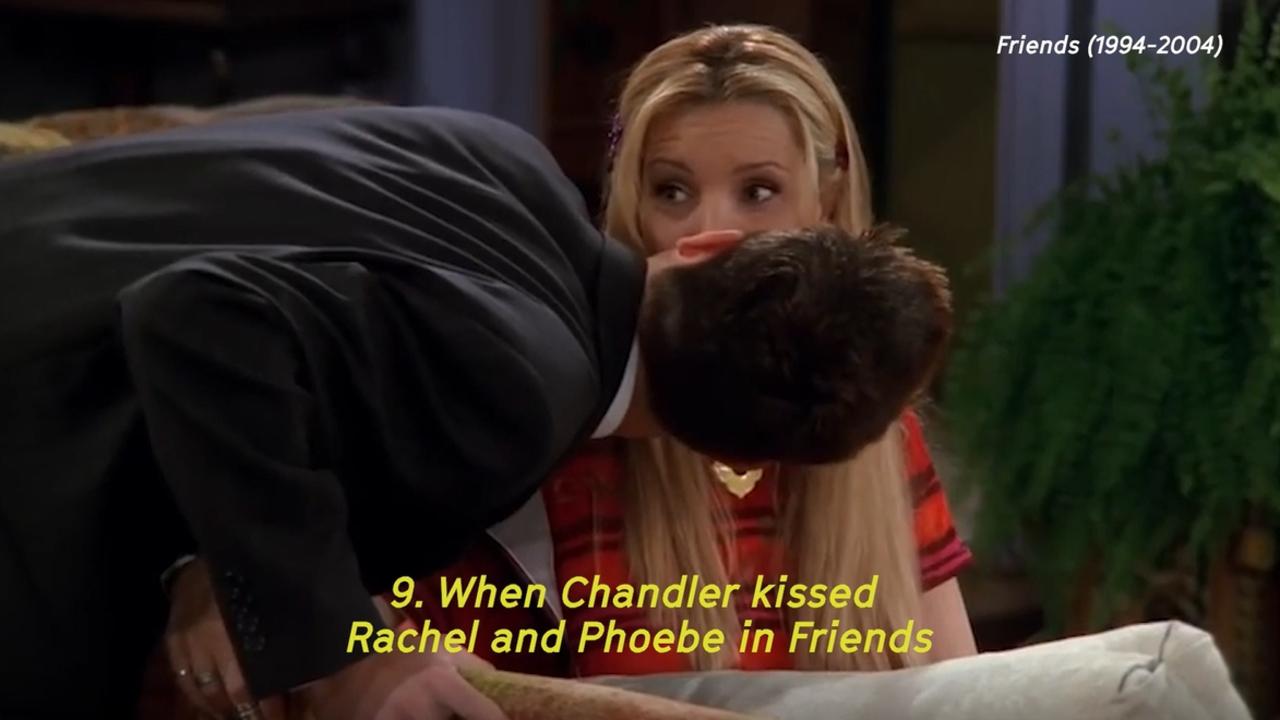
To join the conversation, please log in. Don't have an account? Register
Join the conversation, you are commenting as Logout